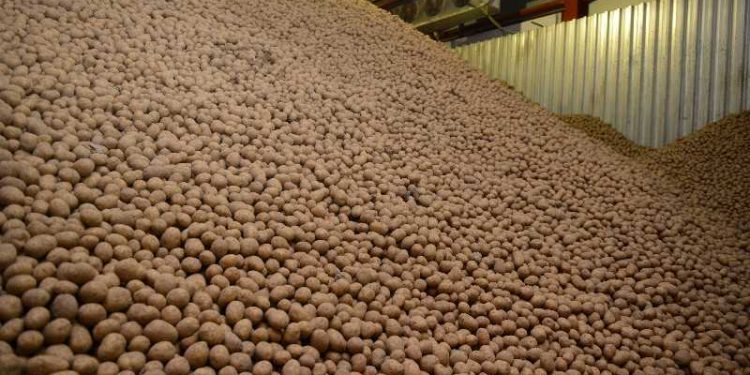#agriculture #seedpotatoes #imports #pests #diseases #localproducers #cropyields #quality
Georgia, a country known for its rich agricultural heritage, has recently seen a surge in the import of seed potatoes. This article explores the implications of this trend for farmers, agronomists, agricultural engineers, farm owners, and scientists who work in agriculture.
According to the latest data from Georgia imported more than 10,000 tons of seed potatoes in 2023, a significant increase from previous years. While some argue that this is a necessary step to improve crop yields and quality, others are concerned about the potential risks associated with importing foreign seed potatoes.
One major concern is the introduction of new pests and diseases that could devastate local potato crops. Imported seed potatoes may carry pathogens that are not present in Georgia, and if these pathogens spread, they could cause significant damage to the country’s potato industry.
Another concern is the impact on local seed potato producers. If farmers start relying on imported seed potatoes, it could lead to a decline in demand for locally produced seed potatoes, which could have a negative impact on the livelihoods of local farmers.
Despite these concerns, some argue that importing seed potatoes is necessary to keep up with the growing demand for potatoes in Georgia. With the population increasing and more people consuming potatoes, farmers need to find ways to increase their yields and improve the quality of their crops.
The surge in seed potato imports in Georgia is a cause for concern, but it is also a complex issue that requires careful consideration. Farmers, agronomists, agricultural engineers, farm owners, and scientists who work in agriculture need to work together to find a solution that balances the need for increased yields and quality with the potential risks associated with importing foreign seed potatoes.







